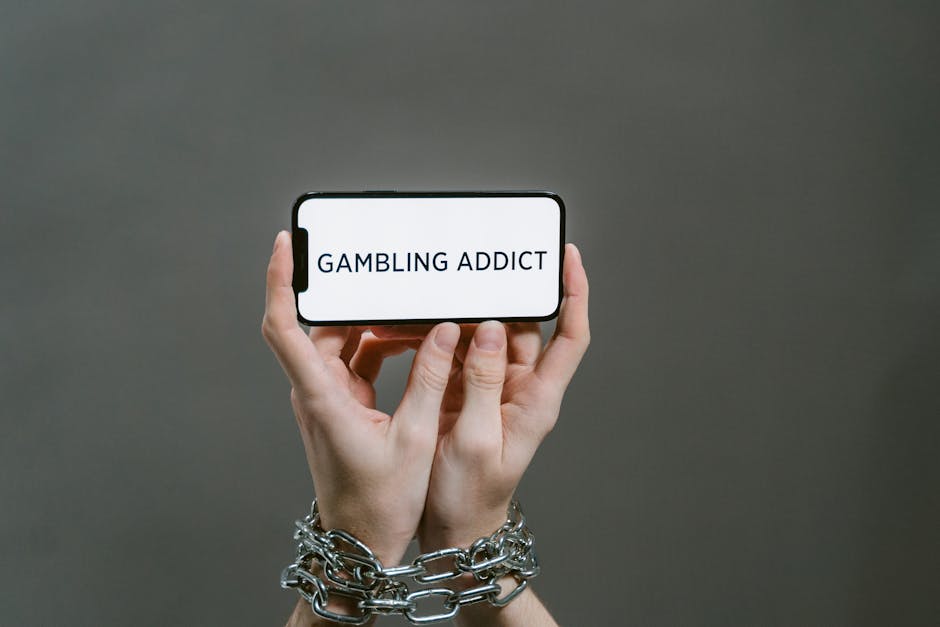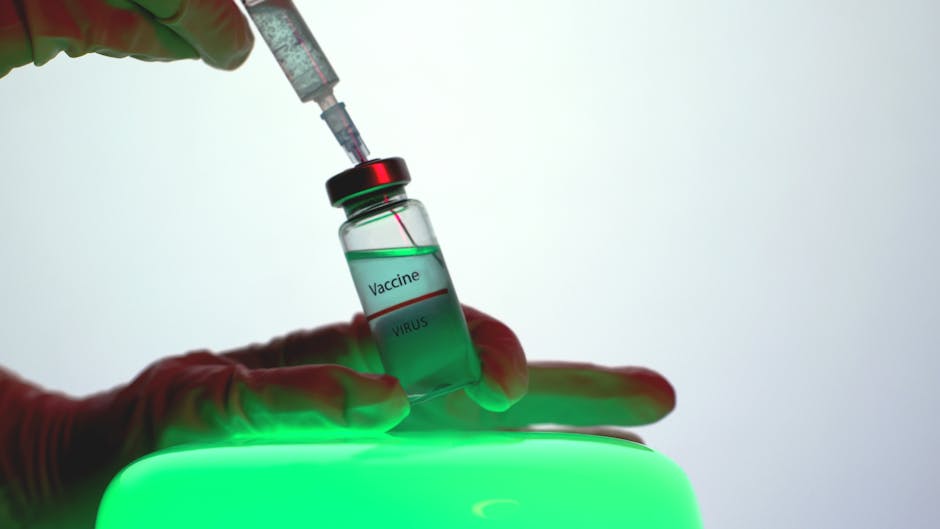What’s Behind 3292462961?
At face value, 3292462961 is just a 10digit number. Could be a phone number. Could be an identifier. But increasingly, people are stumbling upon this exact sequence with no clear context. It’s showing up across search engines, message boards, and even trending social posts.
So… what’s behind it?
Most likely, it originates from one of three roots:
- Suspicious Caller ID: This is the most common flag. People get missed calls or texts from 3292462961 and report them as phishing or scam attempts. If you’ve gotten one, don’t engage. These tend to be robocalls or spam campaigns, often testing active numbers for future targeting.
- Search Curiosity: You see a number often enough, you Google it. That’s the loop. Once it’s been searched a few thousand times, it gains visibility and begins pulling more attention. It becomes part urban legend, part SEO snowball.
- Digital Fingerprint: Sometimes, numbers like this are used in app metadata or internal user tracking. When pulled into the real world by accident—say, a glitch or data export—they unsettle users who have no context.
How Spam Call Algorithms Use Numbers Like 3292462961
Random? Never. Spam callers and robodialers don’t pick numbers off a bingo wheel. They follow patterns, location targeting, and database mining.
Here’s why 3292462961 might surface:
Spoofing: Using locallooking numbers to impersonate entities. Cycle Rotation: Many call centers buy blocks of numbers. Some get burned and blacklisted, so they cycle through to keep reaching new targets. Recycling: Old numbers don’t die. They’re reassigned. One person’s disconnected phone number might be another person’s robocall magnet.
The takeaway: if 3292462961 calls you, don’t answer unless you’re expecting a call from an unknown New Jersey area code—and let’s be real, you probably aren’t.
What to Do if You See or Receive 3292462961
Knowing’s step one. Step two is handling it cleanly:
Don’t Engage: Most robocallers flag active numbers when people pick up or reply. Silence tells them nothing. Block the Number: On iPhone, tap the info icon and “Block this Caller.” On Android, hold the number in your log and hit block. Report It: In the U.S., you can report suspicious numbers to the FCC. It helps build case logs against operations using them.
Tools like Truecaller or CallApp might also show reports linked to 3292462961, confirming if others have had similar encounters.
Noticed in Other Contexts?
Some users claim seeing 3292462961 in unexpected places: gaming leaderboards, random WiFi router names, even embedded in spam emails. Whether by coincidence or some deeper algorithmic echo, the number seems sticky.
This suggests two things:
It could be part of a default naming structure or metadata template. Or, more interestingly, it’s possible that randomness + repetition = recognition. You only need to see something out of place once for your brain to keep noticing it.
When a Number Feels Intentional
Let’s step aside from the rational for a second. Because anyone deep into the conspiracy or digital curiosity circles hit this same spot eventually: “It can’t be a coincidence anymore, right?”
3292462961 starts to feel like something left behind on purpose—a breadcrumb.
That’s probably false, but here’s why the pattern feels familiar:
Sequences that resemble phone numbers are inherently memorable. Our brains are tuned to look for signal in noise. That’s how we survived sabertooth tigers and spam calls.
So while there’s no shadow group using 3292462961 to control your device, the idea that numbers can carry mystery is valid.
3292462961: The Digital Echo
Here’s what makes its digital presence great bait for curiosity:
It’s ordinarylooking yet specific. It keeps showing up, intentionally or not. It leverages one of our biggest modern anxieties: unwanted contact.
It taps into a primal part of the online experience—the uninvited intrusion. And once something’s strange enough to Google, it snowballs.
Bottom Line
If 3292462961 has reached you as a call, text, or in your search bar, there’s one logical conclusion: it’s part of a digital pattern. Probably robocallrelated, maybe SEOfueled, definitely not random. Don’t dwell too long wondering if it means something deeper—data overload often feels like that.
Still, if you want to file it under “mystery of the internet age,” you’re not wrong either. Some questions don’t need answers. But it never hurts to know what’s behind the number calling you.
Twice.
Or more.




